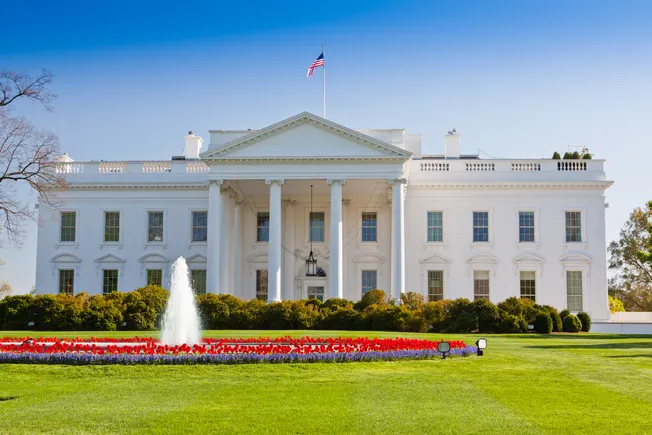TL;DR Summary of U.S. Government’s Proposed TikTok Deal and Its Potential Implications
Optimixed’s Overview: Navigating the Complexities of TikTok’s Future Under U.S. and Chinese Control
Background and Proposed Framework
The U.S. government is reportedly nearing an agreement to keep TikTok available in the U.S. by creating a new entity, TikTok U.S., governed by a seven-member board approved by U.S. officials. This board will oversee platform operations, content moderation, and policy enforcement within the U.S.
Algorithm Control and Key Concerns
- Algorithm Leasing: TikTok U.S. will not own the algorithm but will lease it from the Chinese parent company, maintaining Chinese control over the core ranking and content recommendation system.
- Chinese Government Influence: The Chinese Communist Party (CCP) is known to control trends on Douyin (TikTok’s Chinese version), promoting educational content and suppressing undesirable material, leading to concerns about similar influence on U.S. users.
- Potential Propaganda and Censorship: There is speculation that the CCP could inject pro-China narratives and censor anti-China content, although concrete evidence remains limited due to the personalized nature of the algorithm.
Risks of Dual Influence and Political Manipulation
While cybersecurity experts have emphasized the risks of Chinese interference, a new concern arises: the U.S. government-appointed board could potentially exploit control over TikTok’s management to promote partisan perspectives, particularly under the influence of the current or future administrations.
- Political Messaging: The Trump administration, for example, has expressed admiration for authoritarian control and might leverage the platform to amplify favorable narratives and suppress dissenting voices.
- State Media Concerns: This scenario raises fears that TikTok could become a vehicle for political propaganda, thus shifting the platform’s role from a social media app to a state-controlled outlet targeting younger demographics.
Conclusion
While the deal may preserve TikTok’s presence in the U.S., it introduces significant questions about the trade-offs between national security, freedom of information, and political influence. Both Chinese and U.S. government control mechanisms could shape content in ways that impact users’ understanding and engagement, marking a new chapter in global digital governance challenges.
